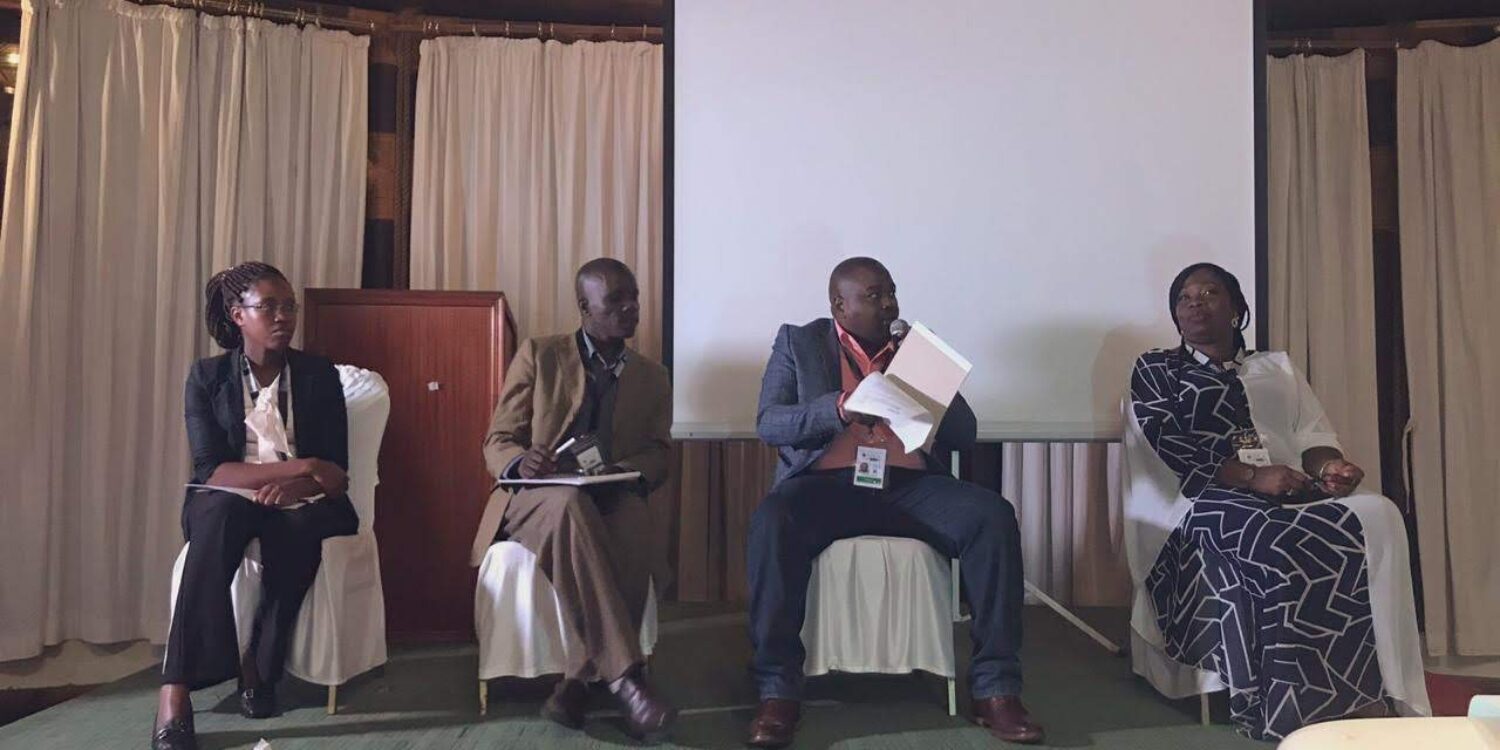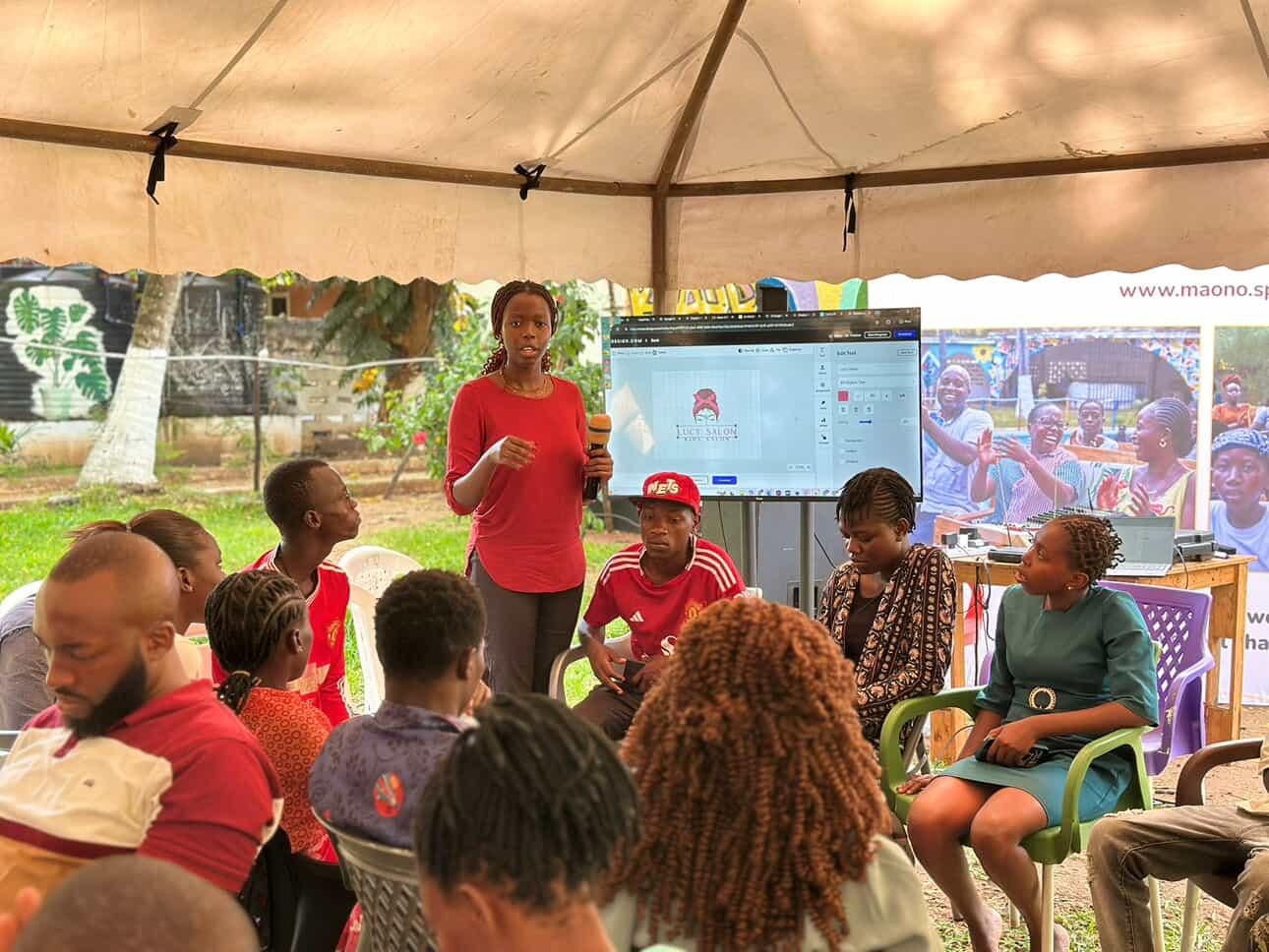The 15th Comprehensive Africa Agriculture Development Programme (CAADP) Partnership Platform Meeting was held on from 9th – 14th June 2019 in Nairobi, Kenya. This years theme was, “Enhancing trade and market access for accelerated agriculture transformation”. CAADP is “Africa’s policy framework for agricultural transformation, wealth creation, food security and nutrition, economic growth and prosperity for all”. The purpose of the meeting was for the stakeholders charged with the responsibility to support CAADP implementation to review its progress and implementation in Africa and sharing their challenges, opportunities available and lessons learnt.
In 2018, we partnered with Africa lead to work with communities in Bahati and Kirima locations to use data to identify the opportunities and challenges of the farming community. These locations are situated in Nakuru North Sub County, Nakuru County, Kenya. The programme implemented methodologies that have been developed in our Global Goals for Local Impact (GGLI) that empowers communities to collect data and use it to identify their needs, gaps and priorities.
The partnership gave us the opportunity to present in the CAADP side event on, “How non-state actors are supporting CAADP implementation on the ground”.

The GGLI programme was successful in identifying and training farmers on data collection in Kirima and Bahati locations both in Nakuru County. The farmers’ with support from us collected and analysed data from more than 4,000 farmers in their locations. They then led a data-fair to share data with the other farmers. This data was published online at https://datalocal.info/farmersdata/ and represented on an infographic video. We then developed a Mkulima data cube which contains; commodities data, satellite trends of Nakuru county over the years and community data stories. One major success from the project was that the Kirima and Bahati farmers’ submitted a memo to the Governor of Nakuru County stating their priorities for upcoming budget decisions and county-level planning. The memo was informed by the data they collected.
The other organisations selected to present and be panellists in the session were; Sugar Campaign for Change (SUCAM), Agricultural Council of Kenya (AgCK) and ActionAid. Each of them shared their experience in using data to inform decision-making, bridging government and grassroots non-state actors in a productive partnership and on how to build and extend our experiences to further support CAADP.
The key recommendations from the session were:
- Implementing projects with key stakeholders from the beginning. For example, our project was well received by the Nakuru farmers because we involved them from the start. Therefore they developed the questionnaires, collected and validated the data. This enabled them to analyse and identify their challenges and solutions
- The need for African leaders to prioritise agriculture and food security. It was noted that many leaders focus more on infrastructural projects over that of agriculture and food security because the latter is less visible. When you evaluate the Kenyan budget for the year 2019/20 you will notice that the agriculture, rural and urban sector received only KES. 59.1 billion while that of energy, infrastructure and ICT received KES. 406.8billion.
- The need for experts to share the data they collect with the communities. This is because many of the times they will collect what they need, they develop reports which they do not share with the communities.
Read more on the Africa Lead white paper here:













